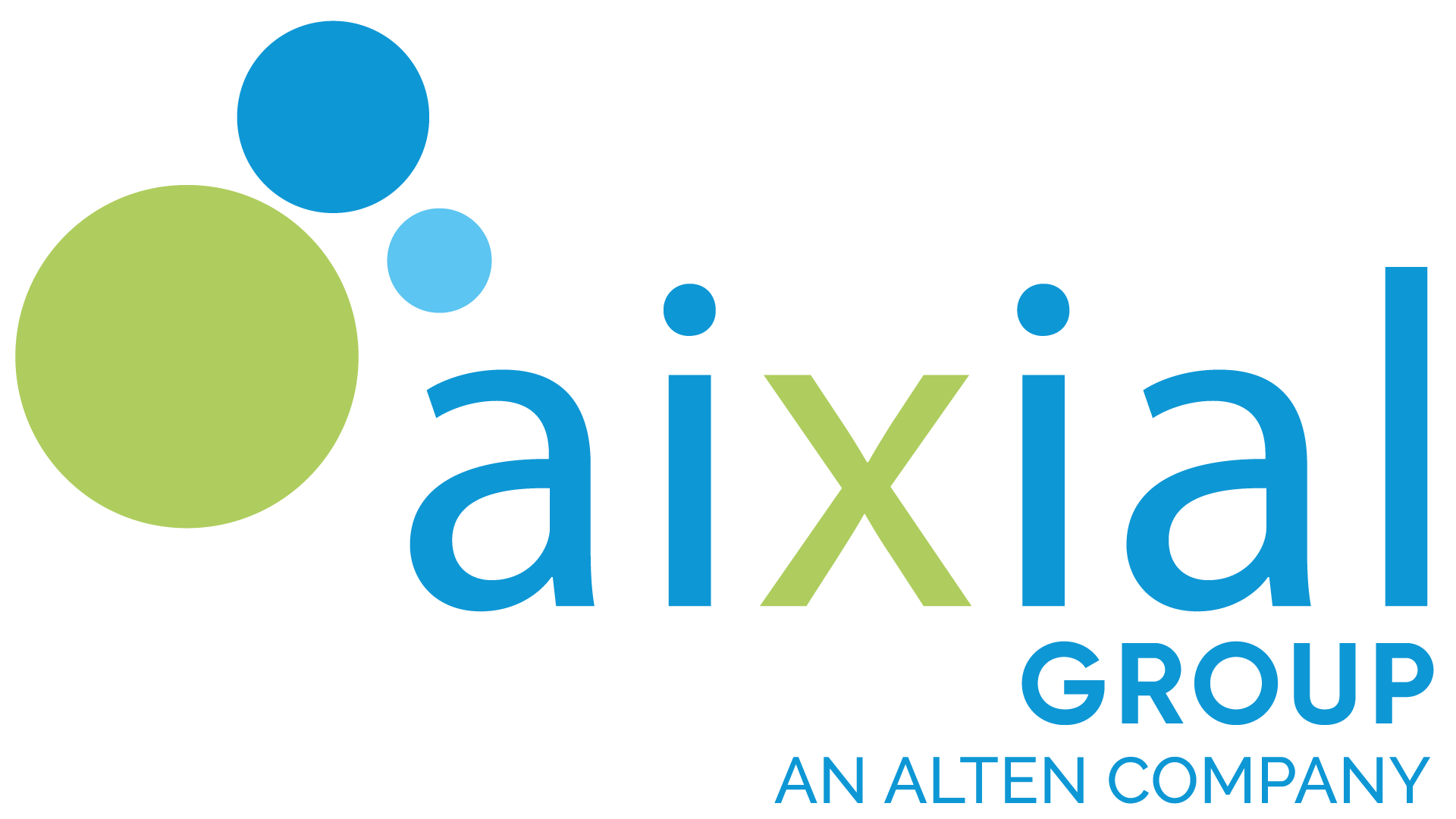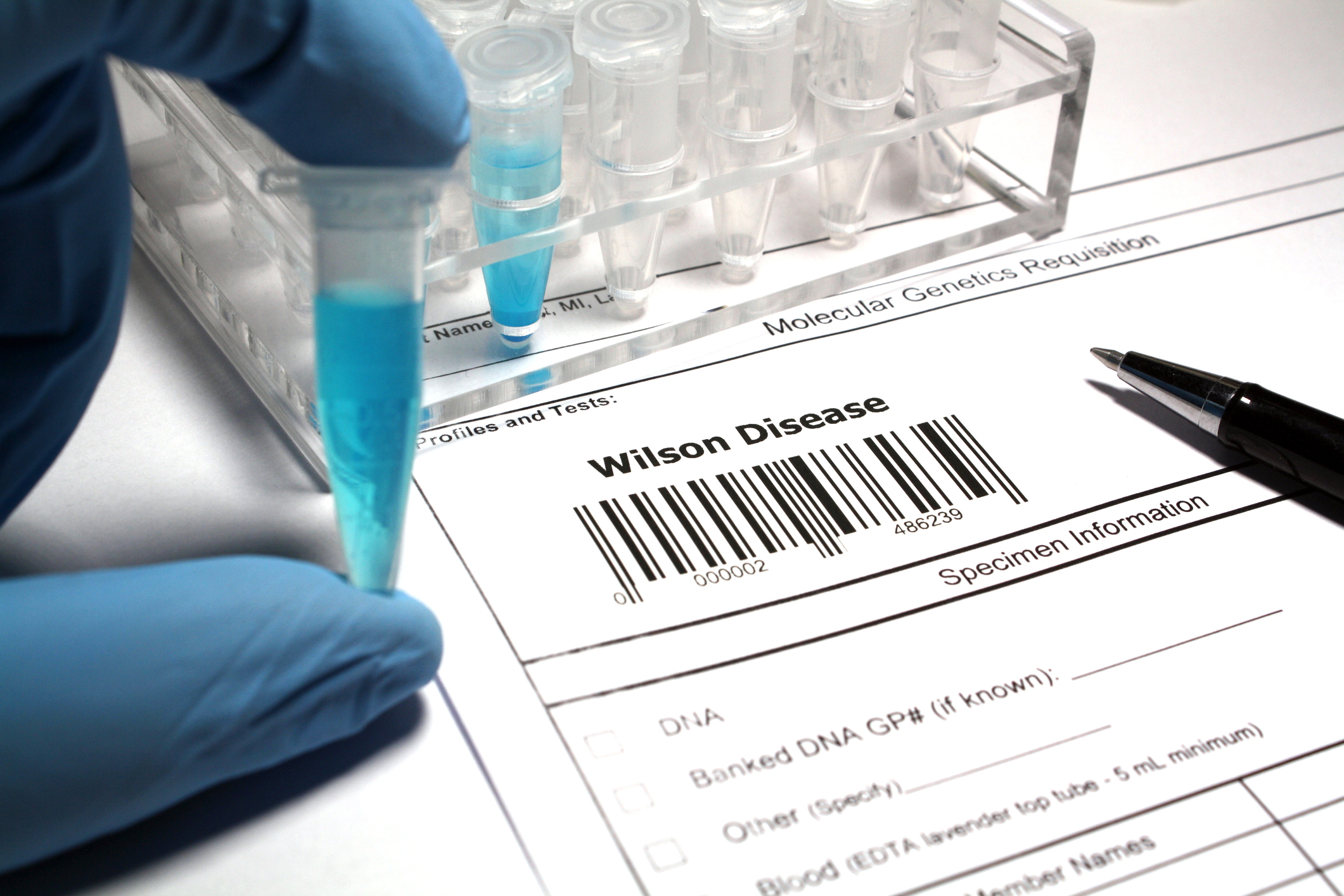Feasibility Challenges In Rare Disease Clinical Trials: Turning Challenges into Actionable Insights

There are many challenges in rare disease clinical trials that go far beyond standard feasibility considerations. Our recent work with a Sponsor in the neurology space highlighted just how critical a tailored, patient-focused approach can be when prevalence is ultra-low and patient populations are geographically dispersed.
Date: 21 October 2025 | Ref: ART011
Understanding Feasibility Challenges In Rare Disease Clinical Trials
In rare disease studies, feasibility is less about infrastructure and more about identifying patients and understanding care pathways. To tackle these complexities, our team implemented a comprehensive strategy:
- Epidemiology & Registry Analysis – We gathered and validated prevalence and incidence data from published literature, patient registries, and advocacy groups, providing country- and site-level estimates of eligible patients.
- Patient Pathway Mapping – By engaging with Key Opinion Leaders (KOLs) and Patient Advocacy Groups (PAGs), we mapped how patients are diagnosed, referred, and treated across geographies. This identified both new investigators and referral networks, both critical to enrolment success.
- Stakeholder Engagement – Early discussions with KOLs, Principal Investigators (PIs), specialised nurses, and PAGs revealed barriers and motivators for participation, ensuring recruitment strategies were grounded in reality.
- Country Selection Nuance – Some countries had fewer eligible patients but concentrated expertise and centralised care centres. By weighing both patient numbers and expertise, we designed a global footprint that optimised efficiency, timelines, and cost.
Through this approach, the Sponsor gained clear visibility into realistic patient identification, required recruitment resources, and the sites most capable of delivering both scientific and operational excellence.
Lessons Learned: Tailoring Feasibility to Every Trial
Feasibility is never one-size-fits-all. Rare disease trials require access-focused strategies: locating small, dispersed patient populations, understanding referral pathways, and building trust with advocacy networks. Activities that will determine study success, rather than relying on theoretical possibilities.
Why Sponsors Choose Aixial?
As a mid-sized CRO, we combine global reach with a flexible, tailored approach that adapts to every study’s needs. Sponsors value our:
- Agility – We adapt quickly, aligning feasibility activities with each study’s unique needs.
- Attention to Detail – From radioisotope handling to gene therapy logistics, we anticipate and plan for site-level complexities that can make or break a trial.
- Collaboration – We operate as an extension of our Sponsors’ teams, bringing transparency, responsiveness, and care to every interaction.
- Flexible Engagement – Our feasibility services can be delivered as part of a full-service CRO solution or as a standalone engagement, giving Sponsors the insight they need even before a full outsourcing decision is made.
Our Feasibility Expertise in Action
At Aixial Group, our Feasibility Team specialises in this adaptive, detail-focused approach, bringing together the right experts, networks, and analytics to align study plans with real-world conditions. Whether your study involves high-complexity oncology therapies, rare diseases with only a handful of eligible patients, or anything in between, we ensure every trial begins with the insights needed for success.
From early protocol design to site selection and regulatory preparation, we provide Sponsors with data-driven insights, operational foresight, and strategic recommendations. With our global experience, strong site relationships, and patient-focused approach, feasibility is not just an early milestone—it is a critical step towards faster, more reliable study delivery.



